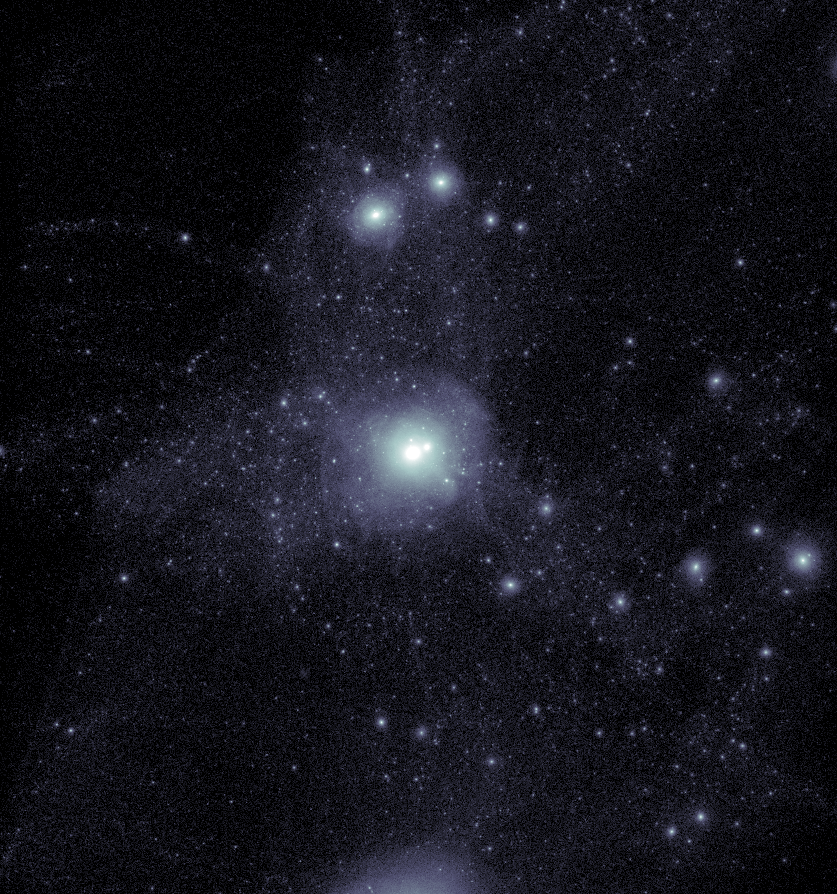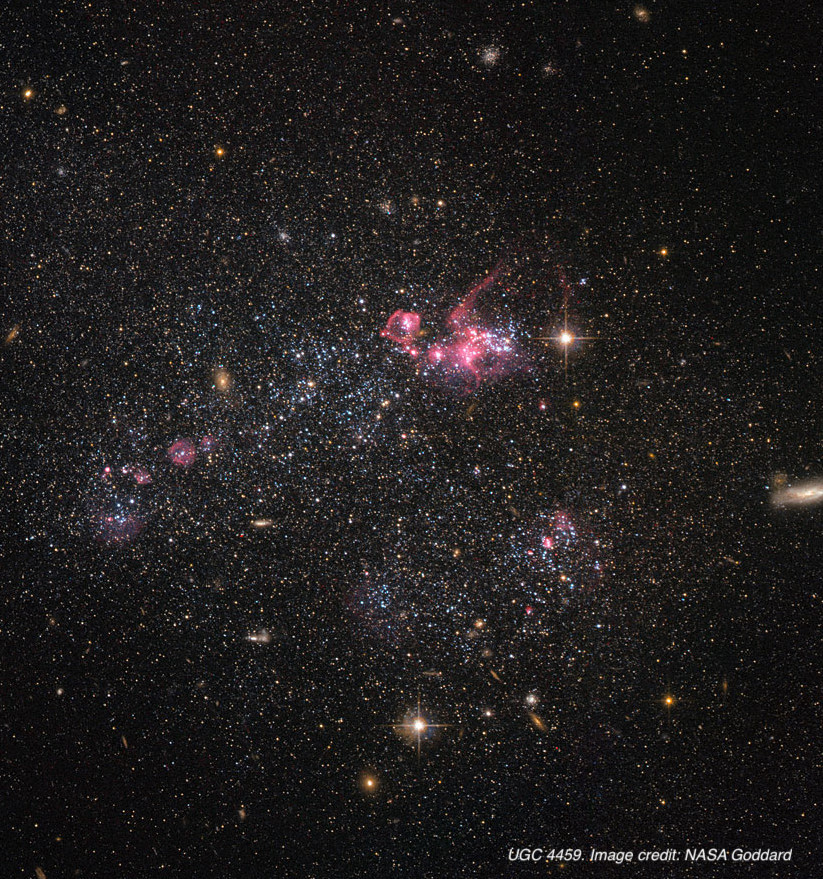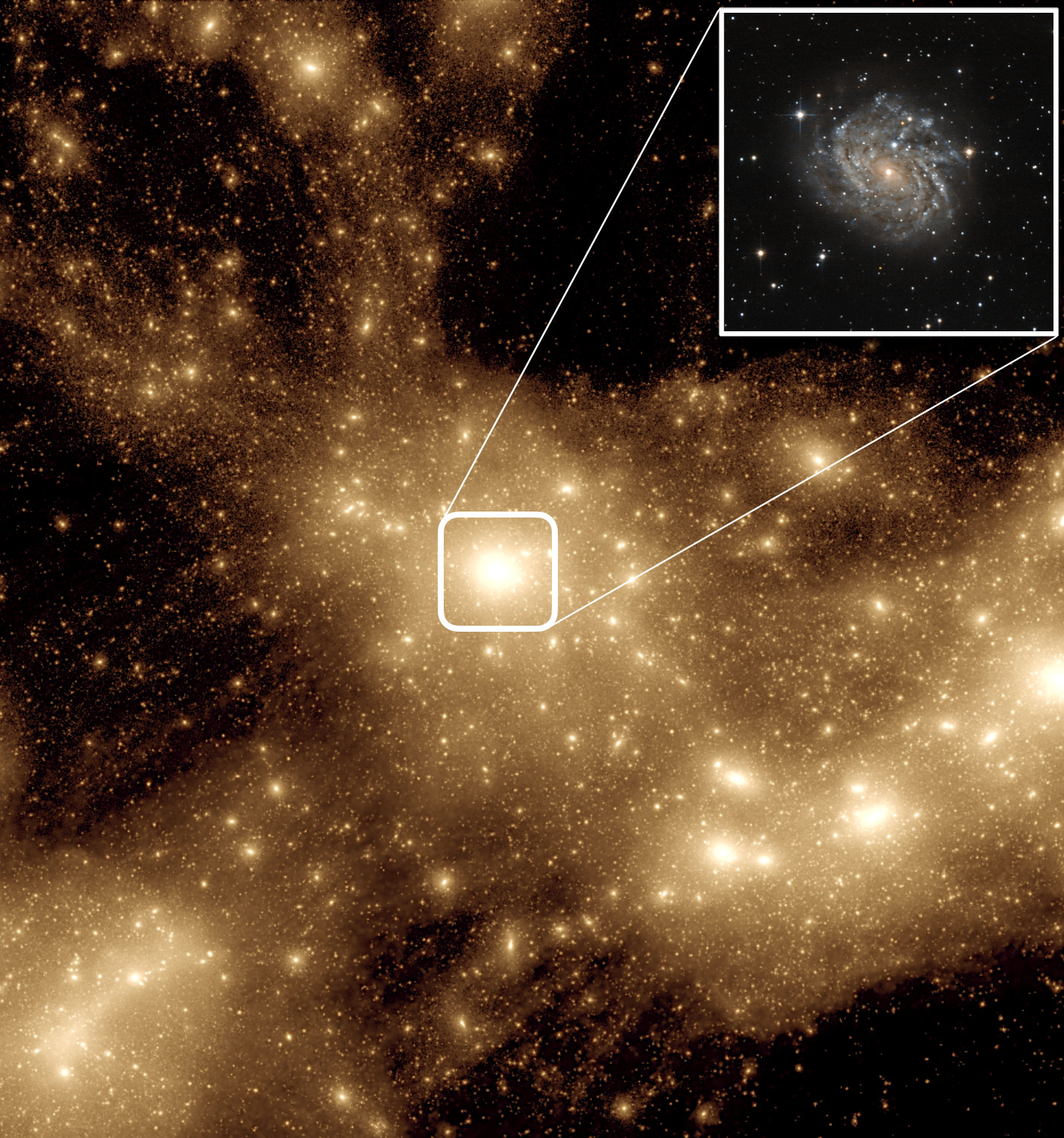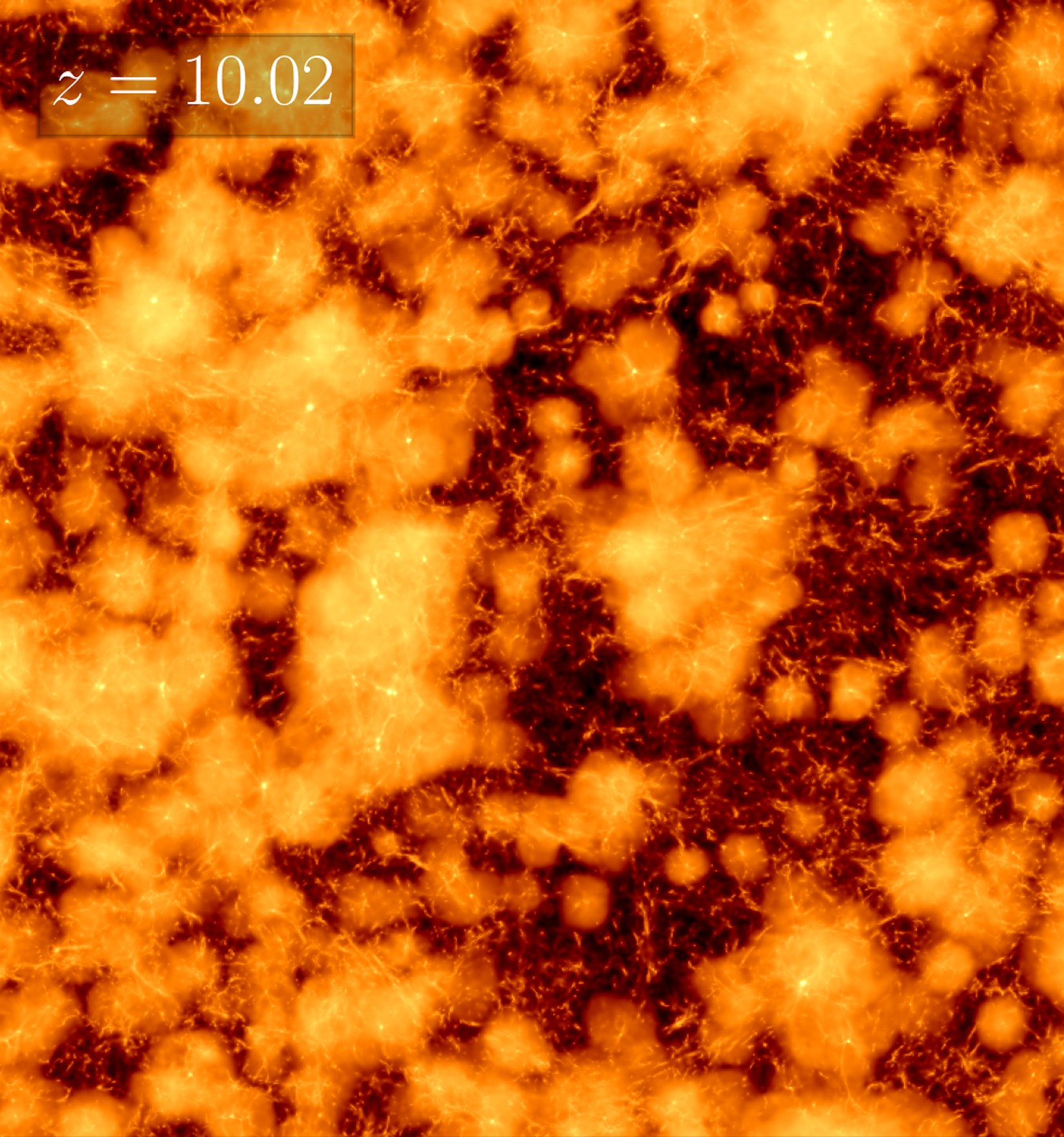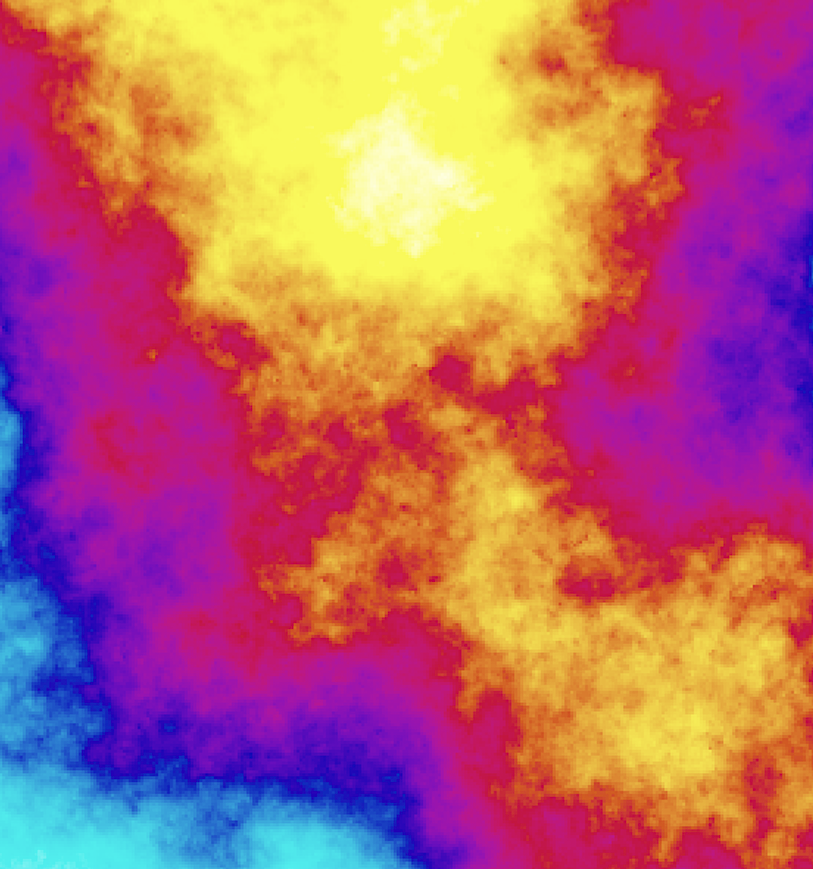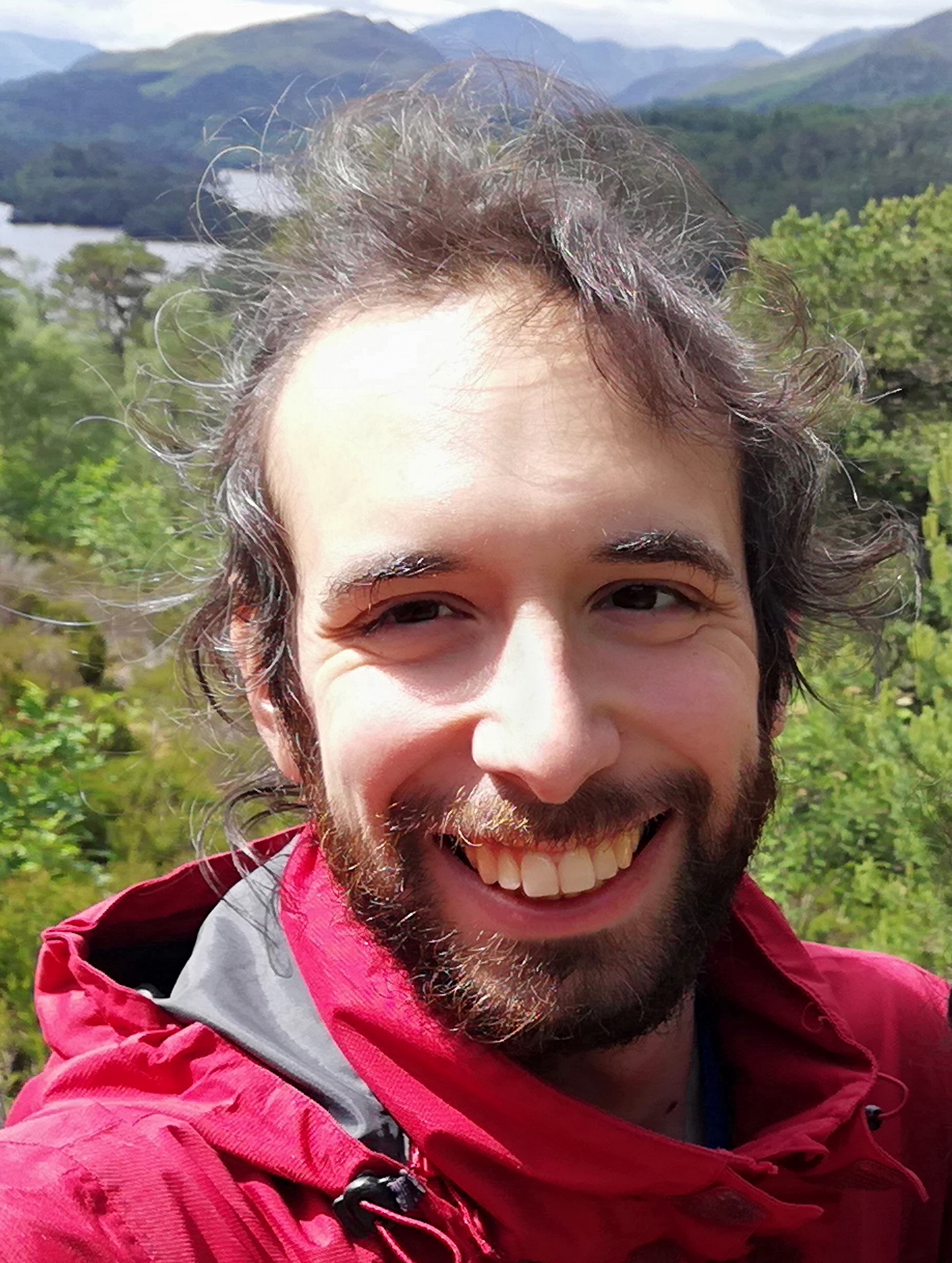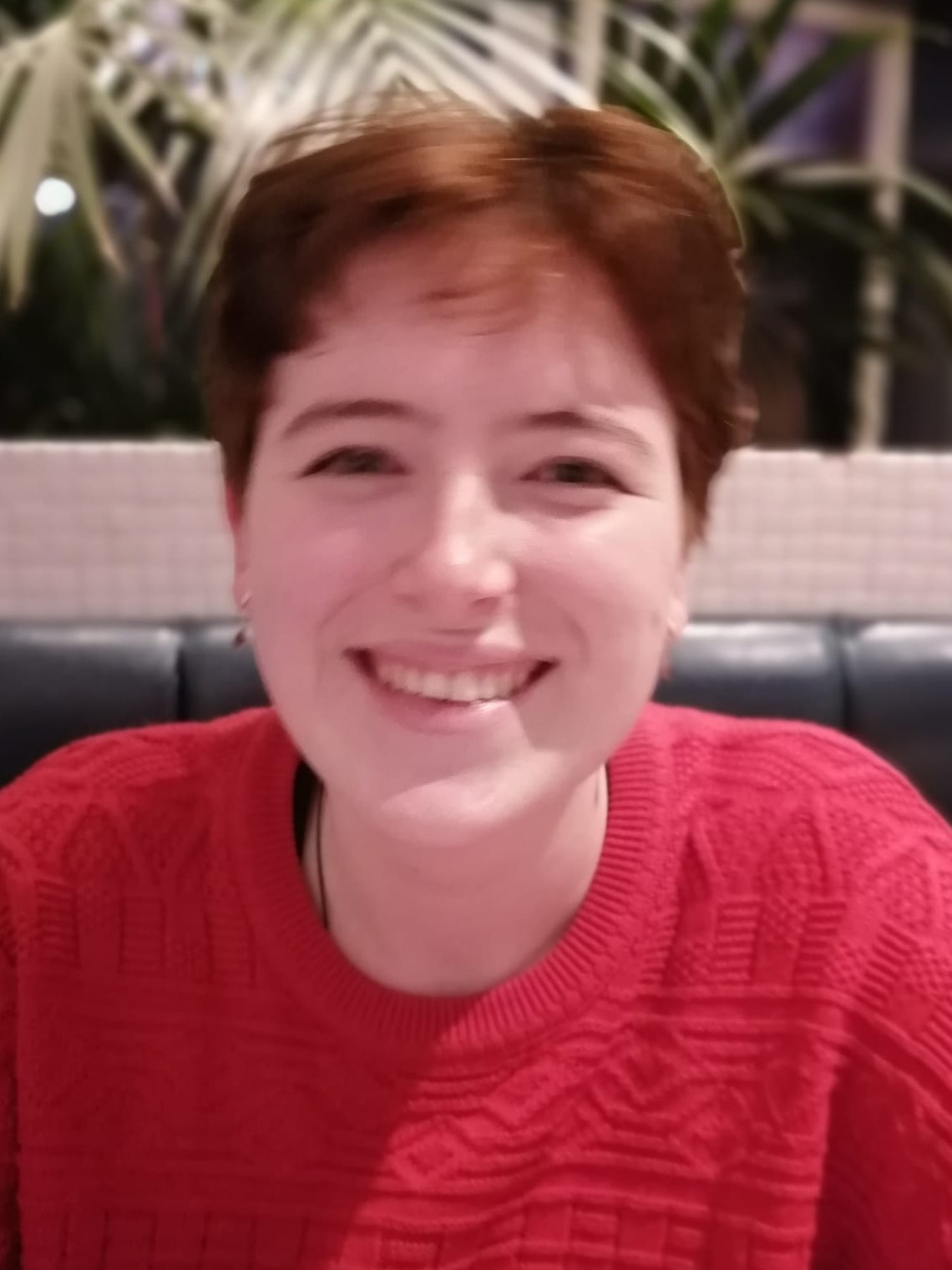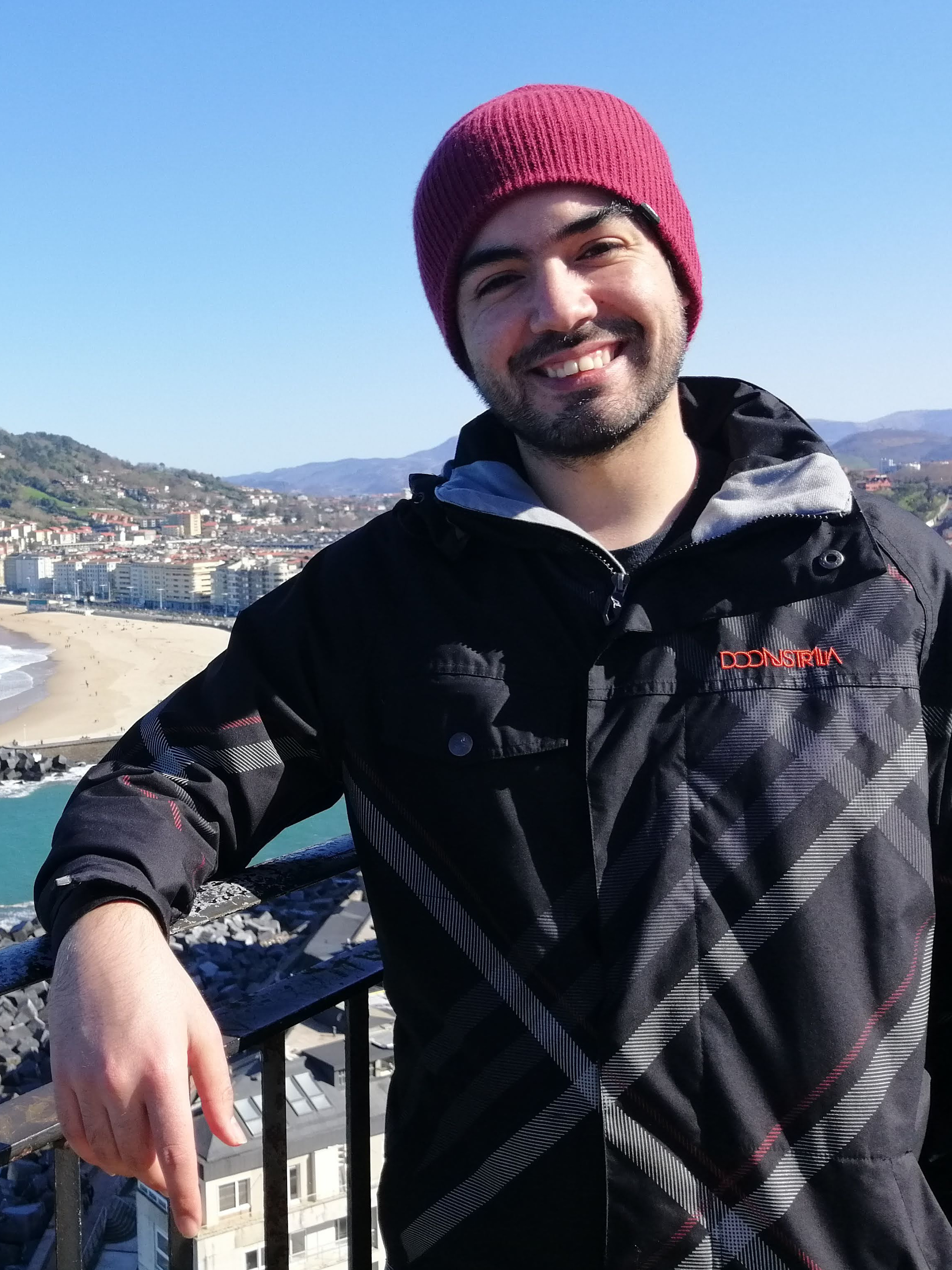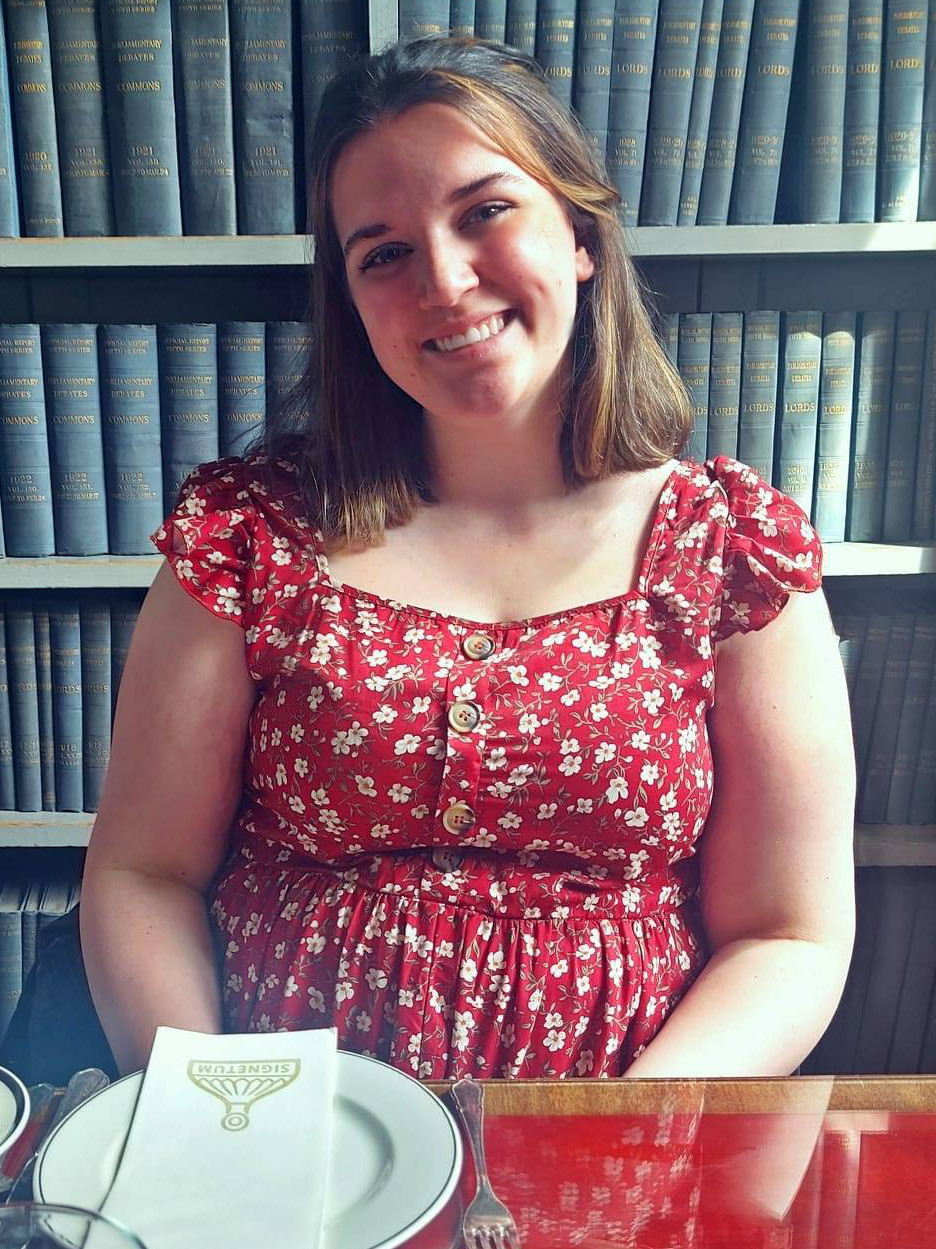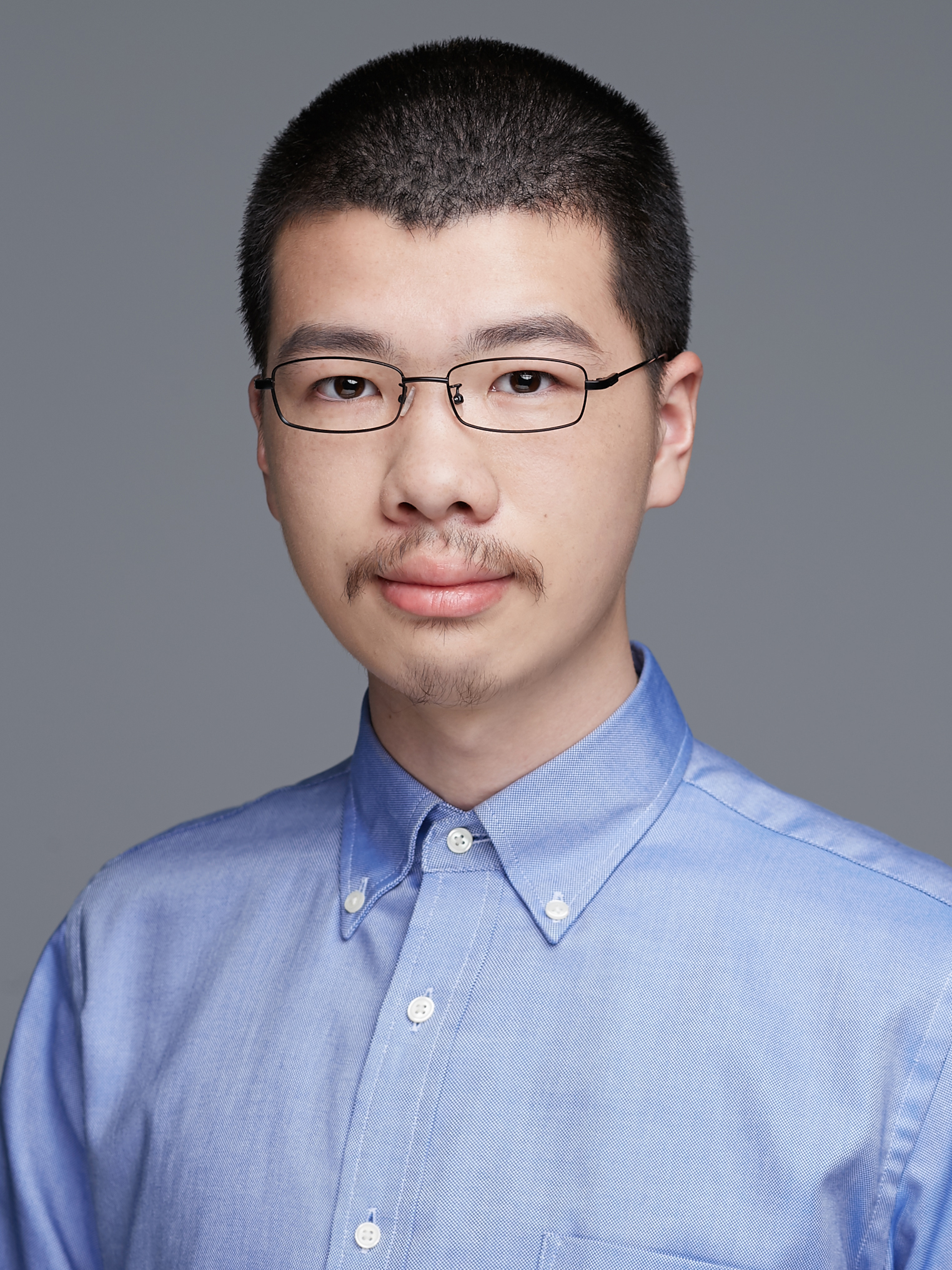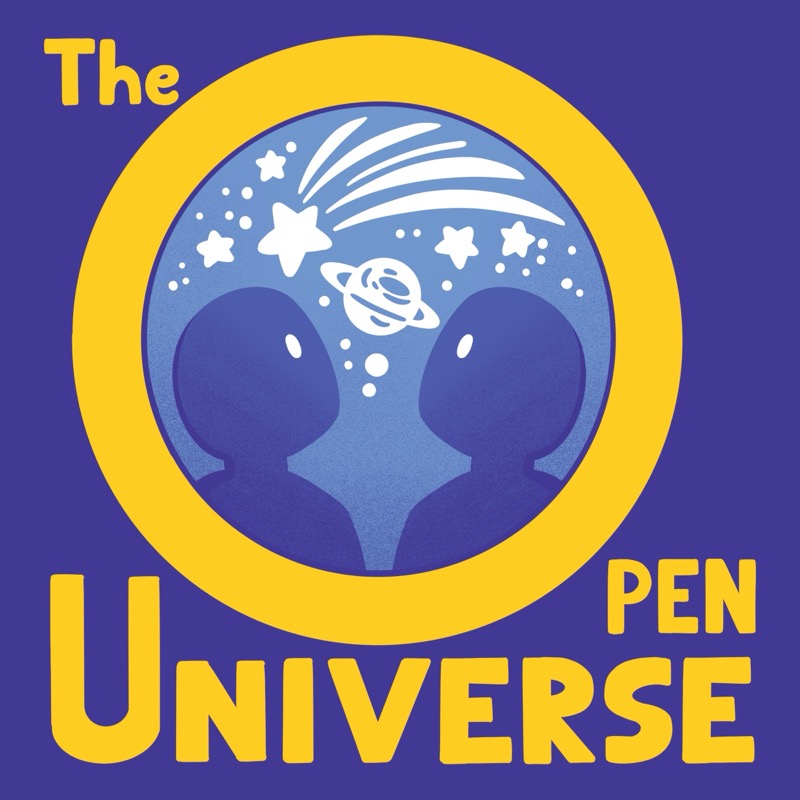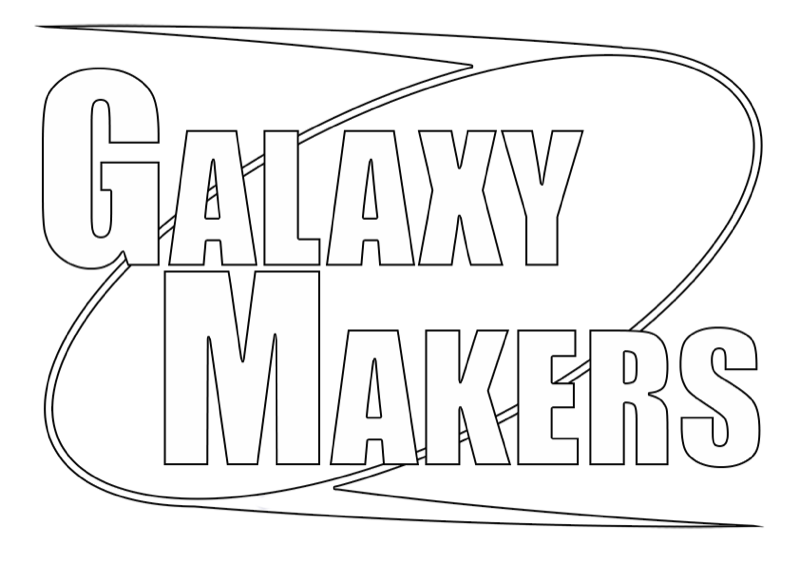About Me

I am an astronomer at the Institute for Computational Cosmology, part of the Department of Physics at Durham University. Before this, I was an ITC Fellow at the Center for Astrophysics | Harvard & Smithsonian (2017-2021). I received my PhD at Durham (2013-2017), and my undergraduate degree in Physics at St.Catherine's College, University of Oxford (2009-2013).
My research makes use of some of the largest supercomputers in the world to study the formation of galaxies in our Universe. I am interested in trying to figure new ways to test models of dark matter and gravity, and making predictions that could potentially be measured in the real distribution of galaxies in the cosmos. You can read more about my research interests here.
Besides research, I am passionate about education and outreach, and enjoy thinking about new ways of communicating science. Perhaps most importantly, my primary passion is football, and my outlook on life is usually dictated Manchester United's performances at that point in the season.
